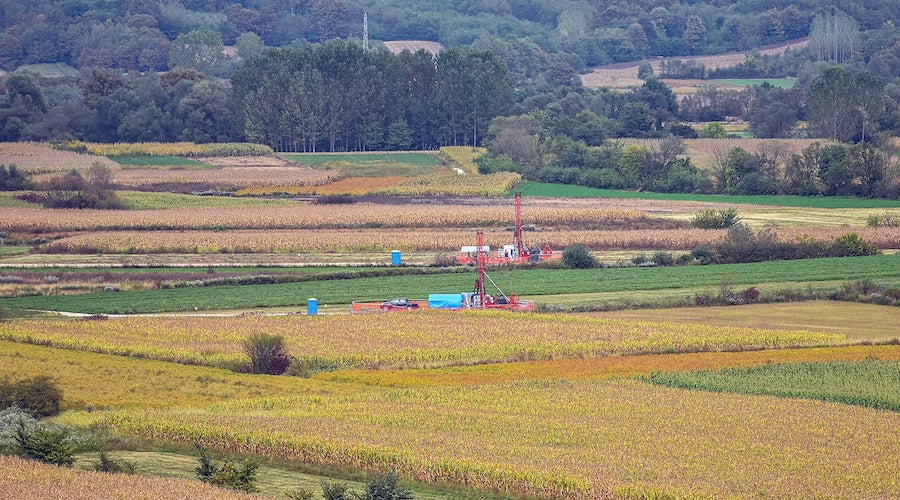Reuters | May 15, 2024 |

Rio’s Jadar project has an estimated production capacity of 55,000 tonnes per year. (Image courtesy of Rio Tinto.)
Europe’s efforts to ensure supplies of critical minerals needed for its green and digital transitions and to reduce its reliance on China are struggling to gain public acceptance, leading industry officials said on Wednesday.

The EU Critical Raw Materials Act, due to enter force next week, sets targets for the bloc to mine, recycle and process minerals including lithium and copper by 2030.
It also sets timeframes for strategic projects to secure permits, but it will not fall to 27 months for a mine from the current 15-year norm without winning over a sceptical public.
Bernd Schaefer, the CEO of EIT RawMaterials, an EU-funded group leading a sector alliance, said in an interview that permitting for mining and recycling were a challenge.
“This is still the major concern, together with the social licence to operate, which is absolutely necessary to get the permit,” he said on the sidelines of a conference in Brussels.
Schaefer said the key to social acceptance was active engagement with local communities and pro-active communicating, citing the Nordics as examples of where this had tended to work.
One of the greatest battles has come over Rio Tinto’s planned $2.4 billion Jadar lithium project in EU candidate country Serbia, which revoked licences in January 2022 after massive environmental protests before a general election.
Chad Blewitt, Rio Tinto’s managing director of the project, said the company was waiting out another election cycle, including local elections on June 2, for its mine that could produce enough lithium for one million electric vehicles batteries per year.
The company, he said, was fighting “a lot of disinformation”, such as that the mine will be opencast and pollute the water supply. In fact, it will be underground and Rio Tinto says the waste will end up as brick-like blocks that could be used in road construction, rather than sit in a tailings dam that has the potential to collapse.
Blewitt said Rio Tinto had initially thought people would not believe more outlandish claims on social media and had come to understand that projects needed more stakeholder engagement and communication at an earlier stage.
(By Philip Blenkinsop; Editing by Mark Potter)
No comments:
Post a Comment